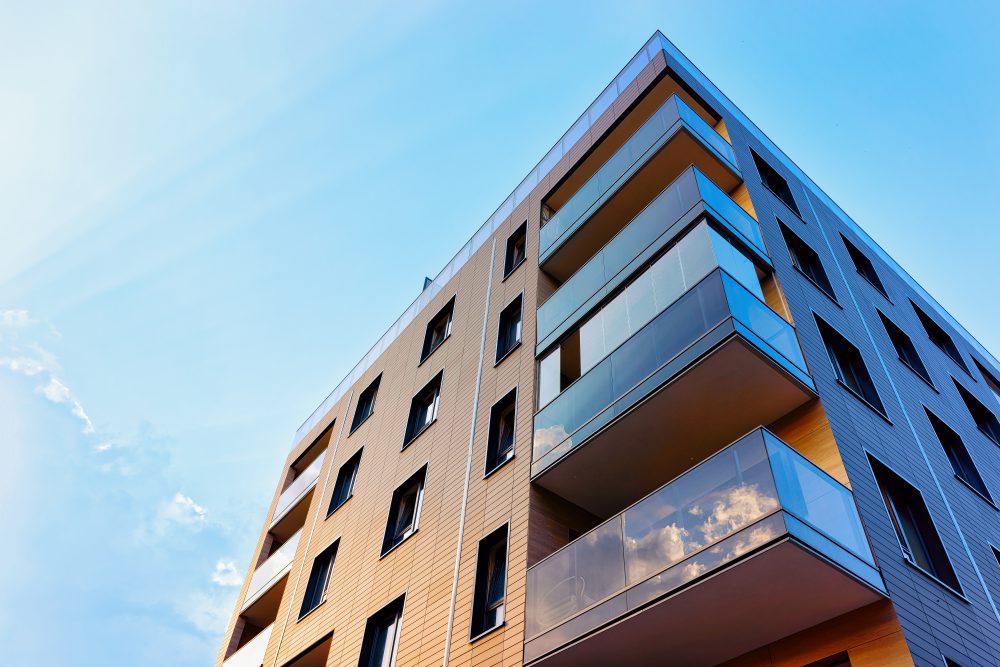09.10.19
Why Are Real Estate Investors Interested In Condo Deconversions?

Many condo owners in Chicago are curious about why commercial real estate investors are interested in buying their units as well as their neighbors’ units in a bulk sale referred to as a condo deconversion. Value, equity, risk/reward and cash flow are commercial real estate investment principles that make condo deconversion appealing to investors.
Value
A typical real estate investor that focuses on buying and selling apartment buildings has one of a few business models. Real estate developers build apartment buildings from the ground up and then sell it. Value-add real estate investors buy an older apartment building and renovate it to be able to increase the rent. Long-term real estate investors buy buildings that bring in a large amount of income compared to the expenses and hold on to it for a while. With construction costs at an all-time high and high income-producing apartments being hard to find, the “value-add” strategy is where many investors are focusing their attention.
A deconversion is a prime candidate for a value-add investor because it can be a profitable way for investors to acquire great properties that they will renovate and modernize to attract a new pool of renters. Condo owners also have the ability to achieve above-market prices when selling in bulk to investors.
Equity
A deconversion, in essence, is the same as purchasing an apartment building. An investor will still always ask themselves, “Does the property have equity or can I create equity?” Whether that equity is created through finding below-market prices, finding upside potential in poor management, or taking advantage of a fixer-upper in a prime location, investors are seeing many upsides in condo deconversions.
Risk Versus Reward
Unlike a traditional value-add purchase, condo deconversion investors must consider each and every condo owner when assessing the investment potential of the building. Because there are so many opinions about unit price and whether or not a deconversion is right for at least 75% of the occupants, investors will spend more time “making the deal happen” in a deconversion than in a traditional real estate investment transaction. These investors look at building financials all day assessing real estate investments, but the bandwidth this type of transaction will require can make or break a deconversion deal. As an example, if the condo board is not on the same page about a sale, an investor may not incur the legal and other fees associated with beginning the sale.
Cash Flow
When an investor evaluates a condo building for a deconversion, they must see an ability to charge enough rent to make the best return they can get for their dollar. Otherwise, they will buy something else. With Chicago continuing to see year-over-year growth in both rental rates and renter base, more and more investors are looking to dip their toes in the deconversion markets.
Luxury renters are paying $2,500+ a month for a one-bedroom unit, which has a trickle-down effect onto vintage buildings, such as your condo building. The rent an investor could charge for your unit both unrenovated and renovated is a driving factor for their interest in deconverting the building.
If your condo association is interested in knowing what your building is worth, please reach out for a complimentary valuation, and you can learn more about the condo deconversion process at https://www.kisergroup.com/project/condo-deconversion/.
